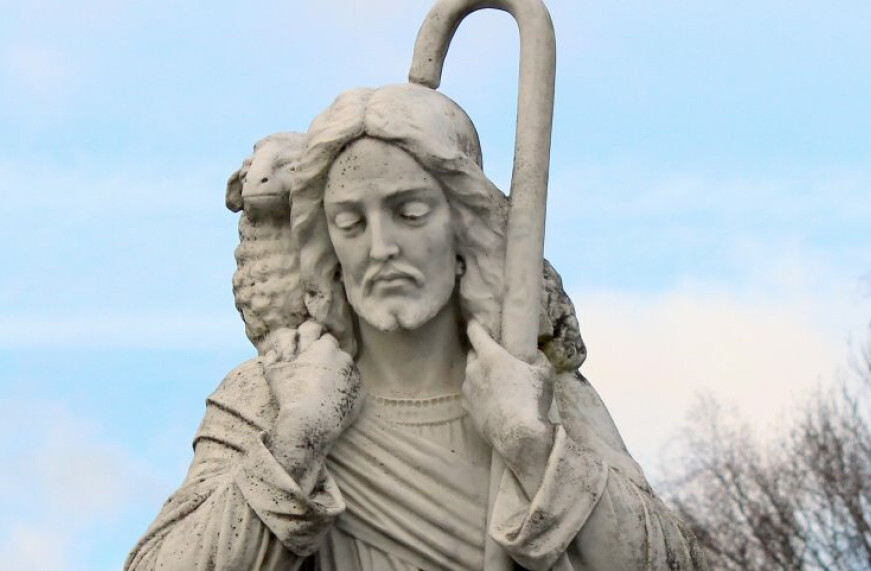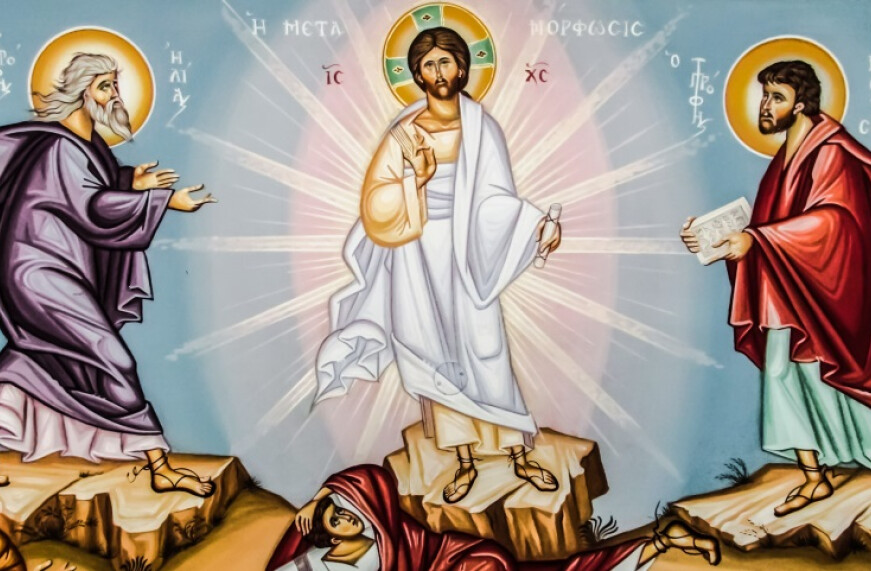Keeping Vigilant

The Gospel of Mark 13:24-32, begins the Adventen turn toward the End Times and the Second Coming of Christ. It is a passage that carries no warm and fuzzy messages, but rather messages of warning. We do not know the day nor the hour when this life will end and we will come face-to-face with our Maker. Are you ready to make an account for your life?
This passage reminds us to keep ourselves vigilant, ready at any moment to face judgment. It reminds us of our true priorities: all that belongs to this world will pass away. It is only Christ that remains. Do I live my life in a way that embodies the eternal nature of Christ, but the fleeting nature of worldly goods?
Furthermore, it is not just our salvation that we work for. As part of the Body of Christ, we are also called to work for the salvation of others. As we are reminded with the Feasts of All Saints and All Souls, we are not isolated beings pursuing holiness, we are part of a communion of saints. We belong to each other. How are you praying for those around you? How are you sacrificing so that they might come to know Christ or deepen their relationship with Him? Do you notice people missing at Mass? People who used to come? What are you, personally, doing to invite them back to Mass?
We do not know the day nor the hour when Christ will come again. Nor do we know the day nor the hour when our individual life on earth will end. But we do know eternal life awaits us. Let us live our lives in such a way that we get there, and bring as many people with us as possible!


